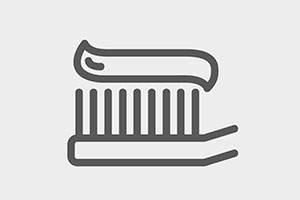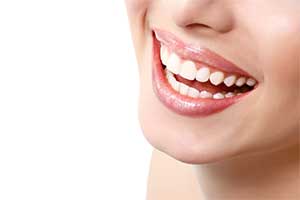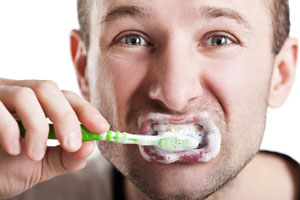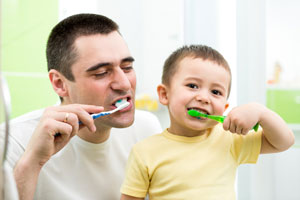
With so many options available today, it’s easy to get overwhelmed standing in the toothpaste aisle.
How do you know which brand or type is best for your dental hygiene regime? The best toothpaste for you is one chosen specifically for the conditions in your mouth. For example, people with permanent implants, bridgework or active oral infections should ask their dentist for toothpaste recommendations.
Brighter Smiles from the Comfort of Your Home
If you’ve noticed your smile isn’t as bright as it once was, there is a range of tooth-whitening pastes on the market today for you to consider. Each formula combines unique ingredients for slightly different applications.
- Peroxide and baking powder are mild cleaning agents that reduce yellowing caused by food and beverages. If you choose a product that includes fluoride, you’ll have a well-balanced option that protects against cavities and brightens your smile.
- If you’re prone to develop canker sores in your mouth, a product like Rembrandt Whitening may help reduce flare-ups with special additives.
- For heavy stains and build-up, many people look for a high-potency product that produces faster results. A word of caution, harsh abrasives and stronger chemical concentrations may damage enamel when used every day. Talk to your dentist for advice about how often to use these high-powered solutions to protect your teeth while reclaiming a better appearance.
Treating Sensitive Teeth
It’s possible to maintain a brilliant smile without damaging enamel. Products designed to protect teeth from acid erosion are a good option for people who have sensitivity to heat, cold, or sugar. Continued use desensitizes teeth and blocks pain so you can enjoy your favorite foods and beverages again.
Look for an ADA approved formula with 5% potassium nitrate or strontium chloride. Using gentle pressure and a soft bristle brush are also recommended for people with sensitive teeth.
Protecting Young Teeth with Fluoride
Fluoride protects teeth from cavities, but it is harmful if swallowed. It’s important that children (and adults) use small amounts of fluoride-enhanced toothpaste and rinse thoroughly after each use. Choosing toothpaste with an appealing flavor and texture makes brushing more pleasurable, and promotes a consistent hygiene regimen for people of all ages.
Balancing Cosmetics and Health
A vibrant smile is a signal of good oral health. If you have questions about the best toothpaste for your mouth our dental hygienist can help you compare over-the-counter products. If you haven’t had a routine exam and thorough cleaning in a while, we encourage you to schedule a visit with Dr. Smith today.










